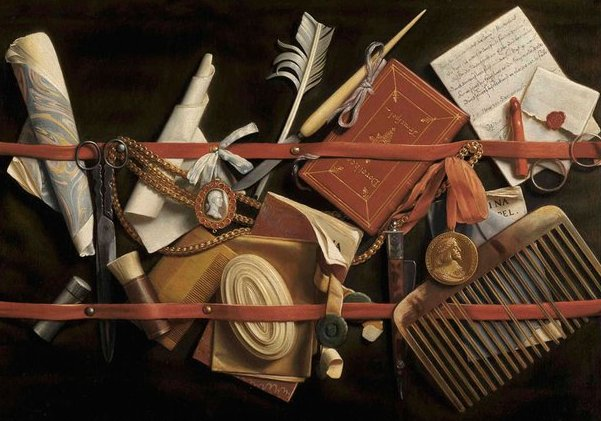THE POWER(LESS) OF LANGUAGE: TESTIMONY AND EXCEPTION IN THE WORK OF PRIMO LEVI
DOI:
https://doi.org/10.48075/rlhm.v12i20.13566Keywords:
Testemunho, Estado de Exceção, Primo LeviAbstract
The objective of this study is to analyze, from the work of Primo Levi, the testimonial writing statute and the difficulties it poses in relation to their use, especially by historiography (which implies thinking, from the discussions launched in the course Files Literary the archiving strategies and critical). Starting from the testimony of a the Jewish extermination survivor by the Third Reich, we try to think about the relationship between narrative and event, as well as to what extent the aporias raised by the testimonial narratives point to the testimony like the threshold of historiography, and like all the difficulties of the first can be expansive to the second. In this sense, it is considered the testimonial act full of complexities that dismantling the facility they wish to see in the narrative the literal transposition of experience and sees the precariousness of the testimony (balanced on a double doubt) the power(less) even of the language intends to respond to the intolerable.
Downloads
Published
How to Cite
Issue
Section
License
Aviso de Direito Autoral Creative Commons
Política para Periódicos de Acesso Livre
Autores que publicam nesta revista concordam com os seguintes termos:
1. Autores mantém os direitos autorais e concedem à revista o direito de primeira publicação, com o trabalho simultaneamente licenciado sob a Licença Creative Commons Attribution que permite o compartilhamento do trabalho com reconhecimento da autoria e publicação inicial nesta revista.2. Autores têm autorização para assumir contratos adicionais separadamente, para distribuição não-exclusiva da versão do trabalho publicada nesta revista (ex.: publicar em repositório institucional ou como capítulo de livro), com reconhecimento de autoria e publicação inicial nesta revista.
3. Autores têm permissão e são estimulados a publicar e distribuir seu trabalho online (ex.: em repositórios institucionais ou na sua página pessoal) a qualquer ponto antes ou durante o processo editorial, já que isso pode gerar alterações produtivas, bem como aumentar o impacto e a citação do trabalho publicado (Veja O Efeito do Acesso Livre).
Licença Creative Commons
Esta obra está licenciada com uma Licença Creative Commons Atribuição-NãoComercial-CompartilhaIgual 4.0 Internacional, o que permite compartilhar, copiar, distribuir, exibir, reproduzir, a totalidade ou partes desde que não tenha objetivo comercial e sejam citados os autores e a fonte.


